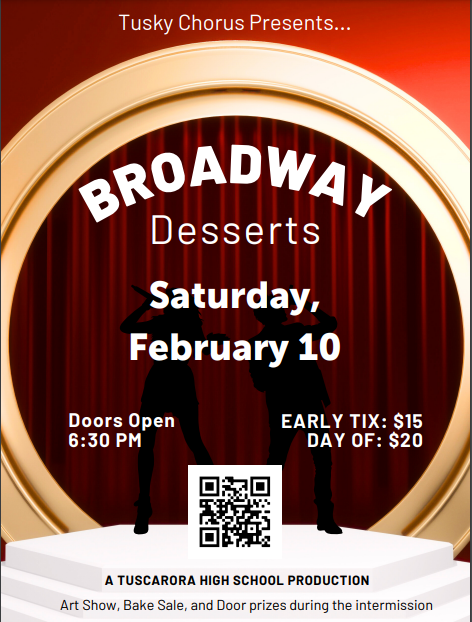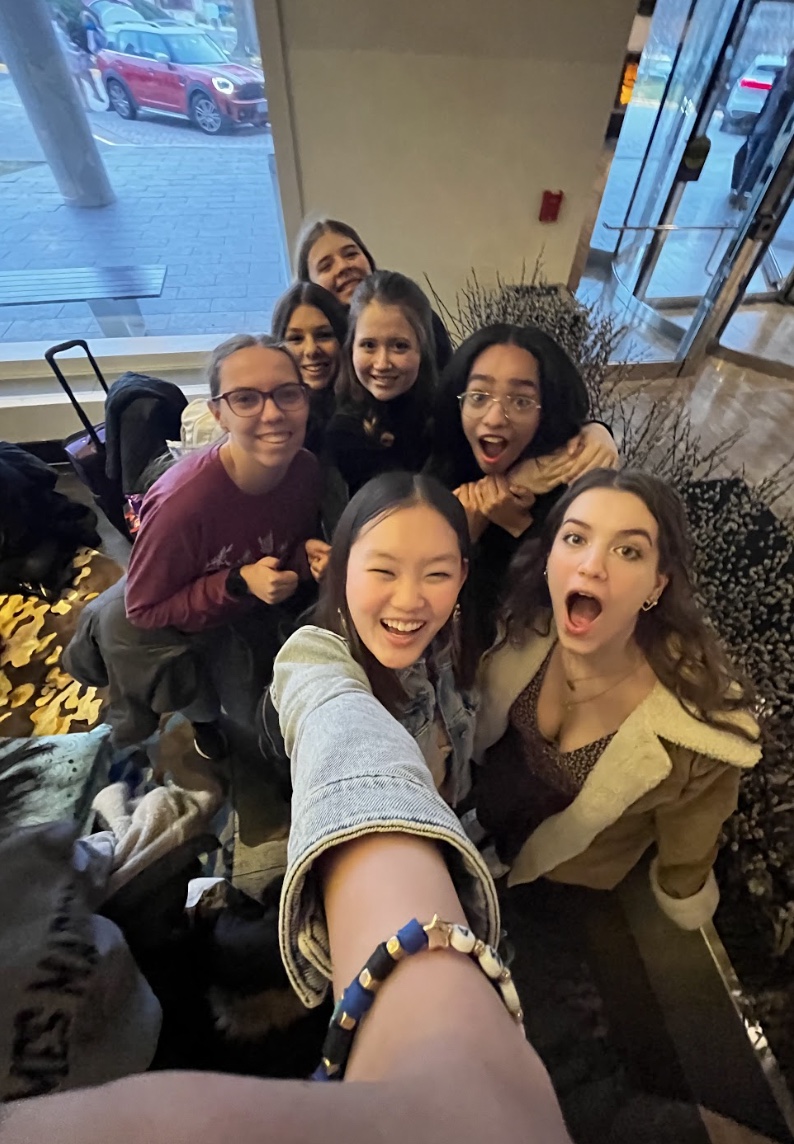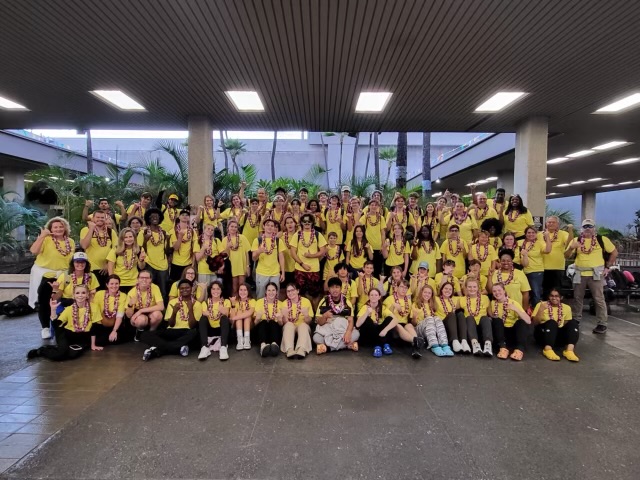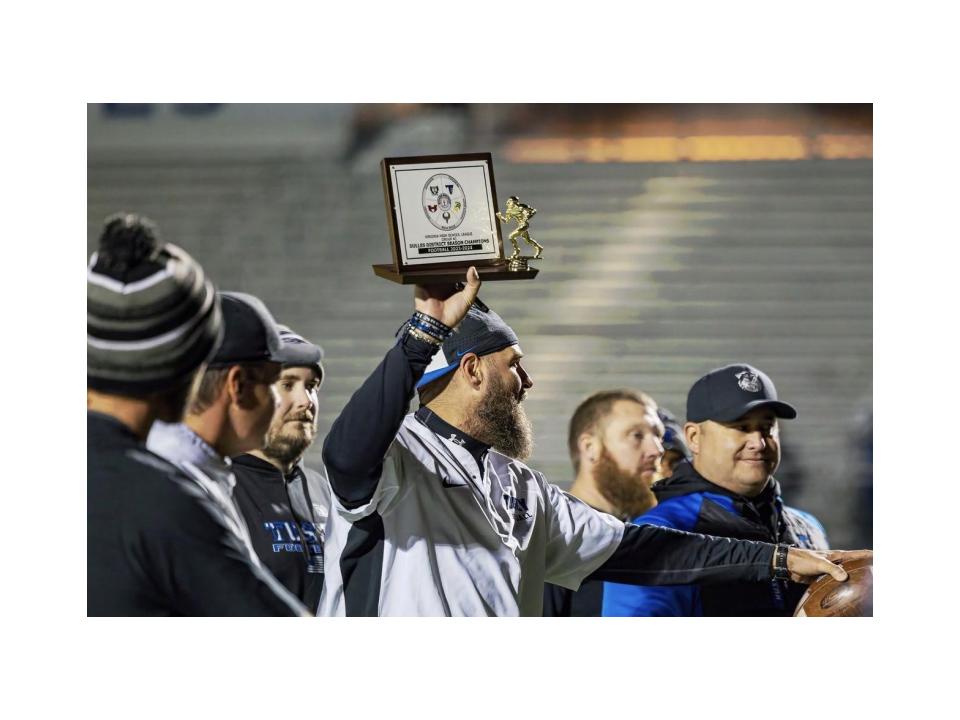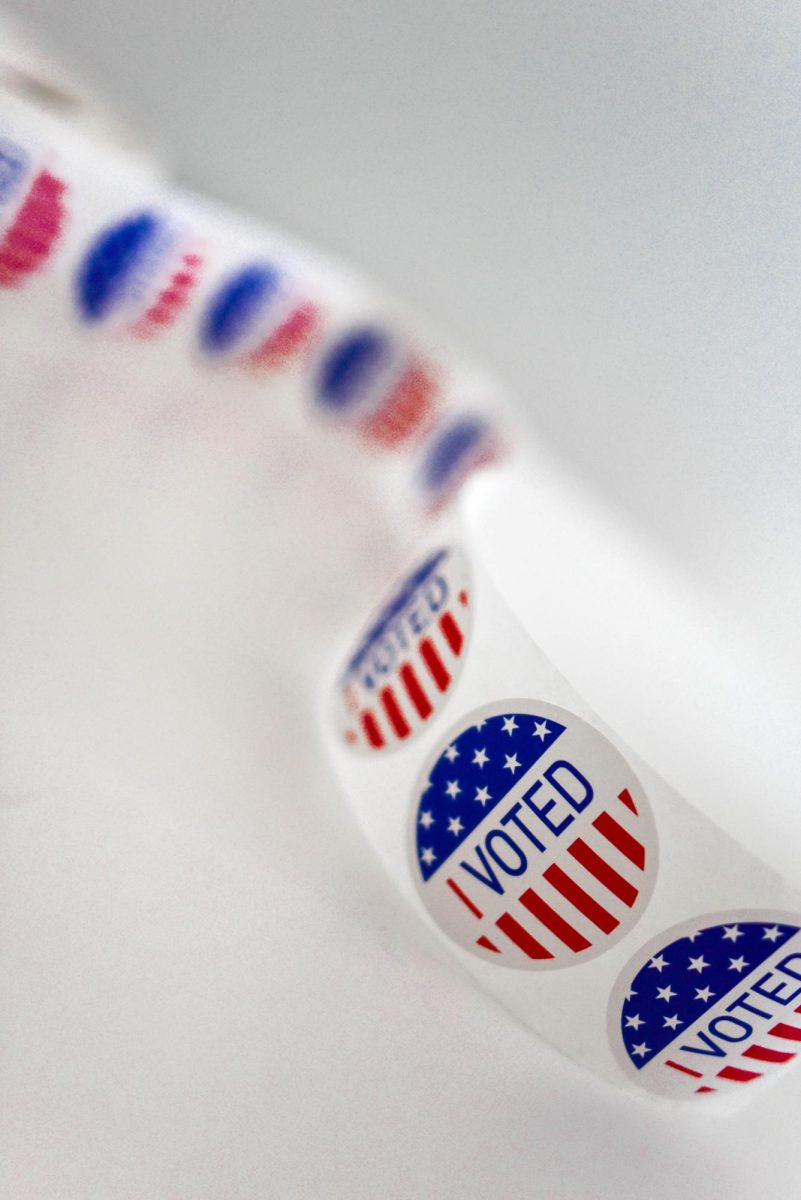By: Meilan Solly
LEESBURG, VA- Today’s day and age has ushered in many new accomplishments such as Facebook, cell phones, and iPods. Because of the new technology which is becoming popular with teenagers and adults, there is one pastime that is starting to be left in the dust. Books, which used to be children’s main form of entertainment, are becoming objects of the past.
Katie Birkle, a freshman at Stone Bridge High School, sums up the shift, saying, “It’s become less about reading and more about Black Ops and TV shows.” It seems Birkle is correct in this assumption, as can be seen by these statistics provided by the Henry J. Kaiser Foundation: 8-18 year olds spend, on average, 7 hours and 38 minutes using entertainment media every day. That amounts to over 53 hours a week. On the other hand, young people only spend about 25 minutes per day reading books and even less time reading newspapers and magazines.
A new addition to the reading mix is electronic eBooks. Devices such as the Kindle and Nook offer books in digital form, which has several benefits such as convenience and ease. Books can be downloaded straight from the eBook readers and then accessed at any time. According to Scholastic, 57% of young people ages 6-17 would be interested in reading eBooks.
Teenagers today love technology, and if reading is presented through it, perhaps they will also grow to enjoy reading. Katie Birkle, however, is one reading fan who prefers real paper books. Her reason for this is “they’re timeless. You can’t walk into an e-reader store, but book stores are my favorite places to go.”
Birkle thinks teenagers dislike reading because they don’t think it’s very significant. “Back when [many people were] illiterate and there were few books printed, reading was a great skill, but now since there are so many books, they don’t see it as important,” she explains. Rachel Dodson, a seventh grader at Belmont Ridge Middle School, agrees with Birkle’s point of view. “I think [reading] is very boring. [It’s] pointless,” she says. Dodson cites other people, social networking sites, and electronics as several things that distract her from reading. It’s not very hard to get her mind off reading, though, since she believes it just wastes time.
While many teenagers consider reading to be a fruitless activity, there are several proven benefits to it. The Literacy Company has found that teenagers with books, magazines, newspapers, and encyclopedias within their homes score, on average, better than those with less reading materials. Vocabulary, creativity, and cultural awareness will improve, as will memory. Another statistic provided by Scholastic said that 86% of 6-17 year olds feel proud when they finish a book. Feelings of accomplishment, in turn, help to build greater self esteem.
There are a lot of books out there about topics which really matter to teenagers, such as depression, anorexia, and divorce. Nevertheless, sometimes teenagers judge reading only by the books they read in school, namely classic novels. They don’t make an effort to find out about books which involve things they’re going through right now. While classic novels are some of the best literature out there, they are not the most relevant to teenagers in today’s society. As Katherine Paterson, the author of Bridge to Terabithia, puts it, “It is not enough to simply teach children to read; we have to give them something worth reading. Something that will stretch their imaginations–something that will help them make sense of their own lives and encourage them to reach out toward people whose lives are quite different from their own.”
To Read or Not to Read
September 7, 2011
Leave a Comment
More to Discover
ABOUT THE PACK
The Pack is the newspaper of Tuscarora. Through creativity and passion the Pack pursues the news of the school and the world.
The Pack is the newspaper of Tuscarora. Through creativity and passion the Pack pursues the news of the school and the world.

